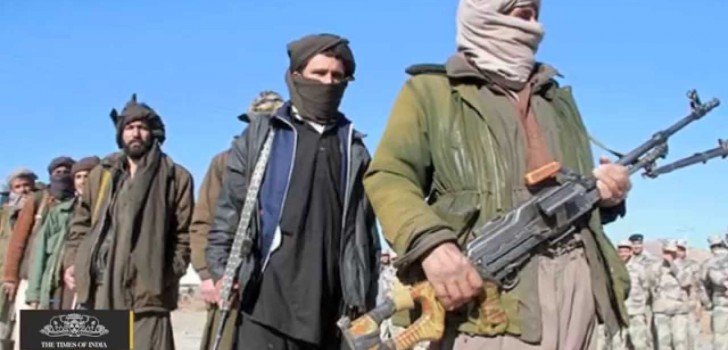U.S. military aid to Pakistan has been suspended as a result of the government’s failure to advance the fight against the Haqqani network, a terrorist group associated with Afghanistan’s Taliban.
U.S. and Afghan officials have long suspected that Pakistan’s spy agency, the ISI, has actually been assisting the Haqqani network.
The most recent offensive by Pakistan’s military began in June, known as Zarb-e-Azb, and targets militant groups in North Waziristan along Afghanistan’s border. But as Pakistan deals with its many domestic issues, it may be taking a conciliatory approach toward Haqqani in an effort to prevent any aggression by the terrorist group.
Afghanistan has dealt with several attacks in recent weeks, accusing Pakistan of functioning as a safe haven from which militants have launched such attacks.
Afghan President Ashraf Ghani made the issue clear, “Pakistan still remains a venue and ground for gatherings from which mercenaries send us messages of war. The incidents of the past two months in general and the recent days in particular show that the suicide training camps and the bomb making facilities used to target and murder our innocent people still operate, as in the past, in Pakistan.”
Following news last month that Afghan Taliban leader Mullah Omar had died in 2013, the fragile state of peace talks between the Taliban and the Afghan government has deteriorated.
Part of that deterioration is a result of reports that Omar’s death took place in a Karachi hospital, adding weight to Ghani’s accusations of Pakistani aid to the Taliban.
Pakistan was slated to host a round of talks between the Taliban and Afghanistan one day after the news on Omar was released.
The new leader of the Afghan Taliban has since appointed Sirajuddin Haqqani, head of the Haqqani network, as one of his deputies. Pakistan’s Defense Minister Khwaja Asif maintained that his nation would remain committed to peace talks with the Afghan government regardless of who leads the Taliban.
Stay Connected